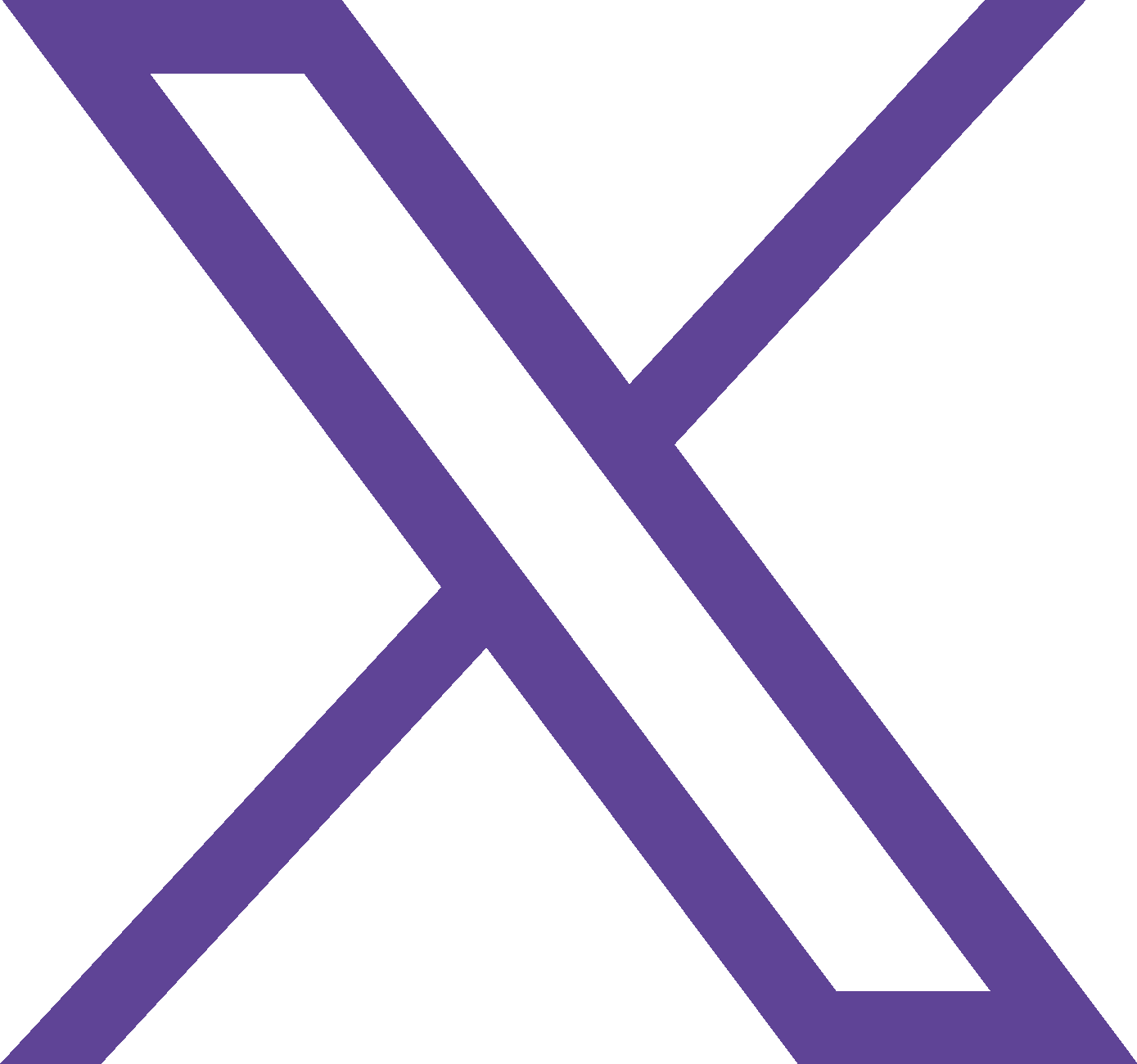Highlights of the “Software Pillar of Open Science” workshop
Isabelle BLANC (Ministère de l’Enseignement supérieur et de la recherche)
Roberto DI COSMO (Inria, Université Paris Cité)
Mathieu GIRAUD (CNRS, Université de Lille)
Daniel LE BERRE (Université d’Artois, CNRS)
Violaine LOUVET (CNRS, Université Grenoble Alpes)
Nicolas ROUGIER (Inria, Universite de Bordeaux, CNRS)
Novembre 2023
Software has become essential in all areas of scientific research, both as a tool for research, a product of research, and a research object in itself. In the quest to make research results reproducible, and pass knowledge to future generations, we must preserve three main pillars: the research articles that describethe results, the data sets used or produced, and the software source code that embodies the logic of the data
transformation. Indeed, the preservation of software source code is as essential as preserving research articles and data sets.
The main aim of this in-person half-day event, organized by the French Committee for Open Science on November 29th 2023, was to bring together high-level stakeholders from a variety of backgrounds, including researchers, research software engineers, research evaluation bodies, infrastructures, academic open source program offices (OSPOs), and financial backers, to share their experience and views on research software.
The workshop featured three panel sessions, in which speakers focused on major dimensions of relevance to software in open science:
− Acknowledgment of software as a key pillar for reproducible research;
− Recognition and support for the dissemination of software;
− Highlighting of the social impact of software.
Getting in touch with the “Software and Source Codes” College:
To submit a proposal, ask a question, please write to:
coso-logiciels-contact@groupes.renater.fr

About the workshop
1 | Welcome addresses
1.1 | Welcome address from Roberto Di Cosmo
1.2 | Welcome address from Nicolas Fressengeas
2 | Highlights from the sessions
2.1 | Recognition of research software contributions and visibility of research software
2.2 | Software contribution to research reproducibility
2.3 | Social impact and sustainability of publicly funded research software
3 | Closing remarks
3.1 | Closing remarks from Bhanu Neupane
3.2 | Closing remarks from Marin Dacos




